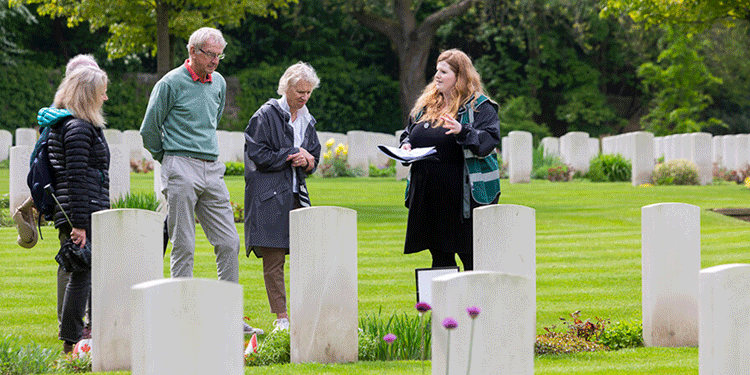
Kate Gribble was born on 2nd October 1908 and lived with her father Thomas Gribble who was a bootmaker and Mother Clara Gribble in Paddington London. Before the war Kate worked as a night sister in Prince Wales’s General Hospital. Upon the outbreak of WW2, she put those skills to use by joining the Queen Alexandra's Royal Naval Nursing Service. Named after its President Queen Alexandra (wife of King Edward VII) during WW1, they would’ve cared for patients both ashore and afloat across the world, enduring many of the hazards an ordinary sailor would’ve experienced.
Whilst her service likely began in the UK, Kate was ordered to travel to HMS Cormorant which was a naval base in Gibraltar. To get there she boarded the SS Aguila alongside many other service personnel including 21 WRENS also destined for the base.
Formed during WW1 the Women’s Royal Naval Service gave women the opportunity to serve initially completing domestic and clerical duties, but this later extended to serving overseas and fulfilling roles such as wireless operators (code breakers) and aircraft handlers.
By end of WW2 over 70k had served across all services in all aspects of war and so their contribution can never be understated. The convoy consisting of twenty-three merchant ships and was escorted by six corvettes (a French term for small warship) and two destroyers, was attacked by German submarines on 19th August 1941 while off the southwestern coast of Ireland. Aguila took a direct hit from German submarine U-201 in early hours of the morning. The ship itself was not heavily armoured so really stood no chance falling beneath the waves in ninety seconds.
There were only 16 badly injured survivors, leaving a death toll of 145. Not one of the women aboard survived. As a tribute to their memory, a lifeboat named 'Aguila Wren' was built and launched on June 28, 1952, for the Royal National Lifeboat Institution. The new lifeboat Aguila Wren was built in 1951 and served at Aberystwyth Lifeboat Station in Wales and then at Redcar in North Yorkshire up until 1972, in that time she saved 42 lives.
She was then handed over to the Scunthorpe Sea Cadets to become their training ship. The formal handing-over ceremony took place on 20 May 1973, amongst other dignitaries was Arthur Frith who Captained the Aguila when she was hit. Whilst the lifeboat in name acknowledges the WRENS, all the sources acknowledge the one Nursing Sister of the QARNNS that accompanied them.

